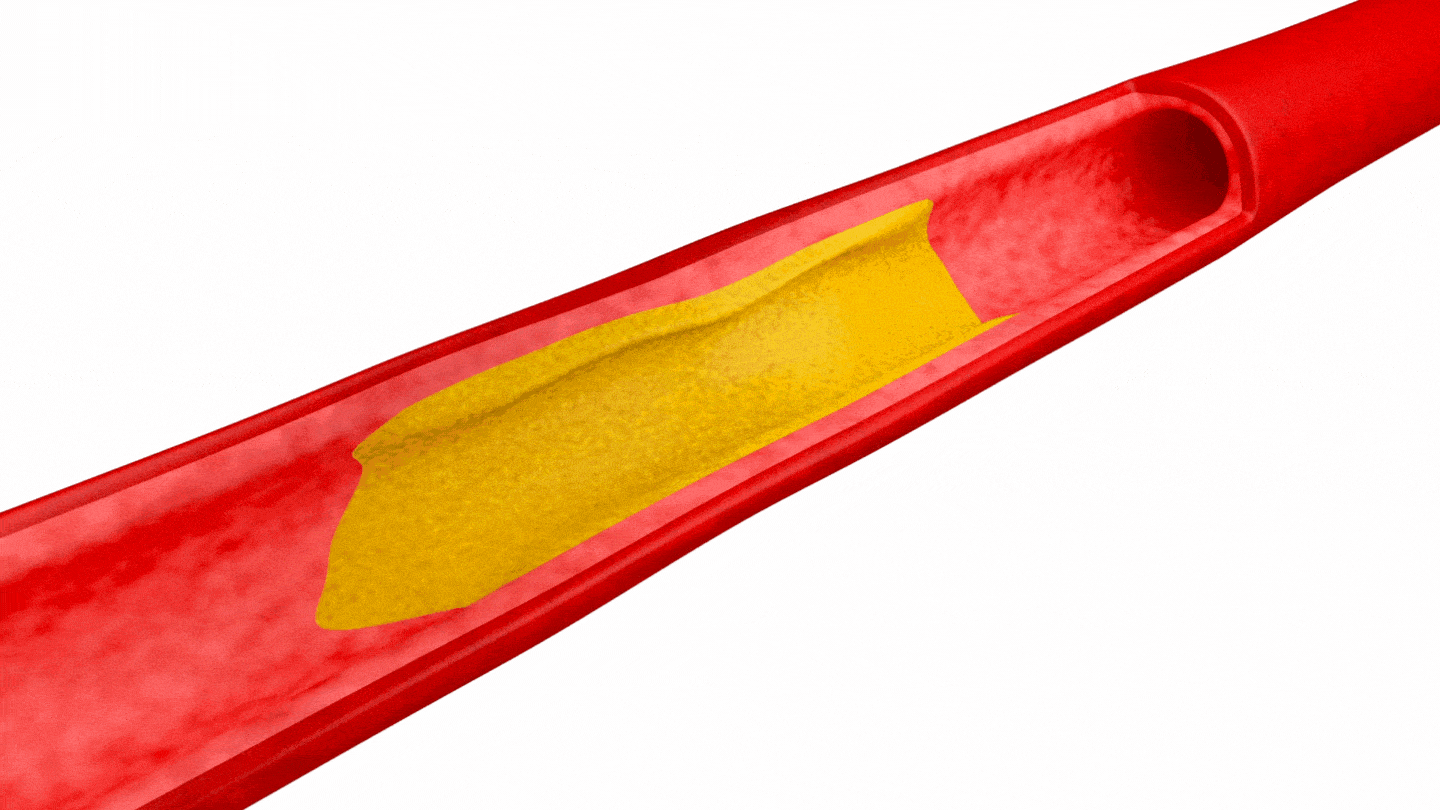Dilatation & Stenting
What is Dilatation & Stenting?
Dilatation & Stenting is an advanced endoscopic procedure where the specialist first uses a special instrument to open up the narrowing part of the intestinal tract, followed by inserting a stent to maintain the opening of the lumen allowing food or liquid to pass through the narrowing.
Dilation and stenting are considered when there is a need to relieve a narrowing of a certain part of your intestinal tract. These can occur in various locations such as esophagus, bile ducts or intestines (both small and large intestines). Narrowing are usually a result from chronic injury or inflammation, and in some situations secondary to cancer obstruction.

This procedure is commonly performed using gastroscope, colonoscope or side viewing endoscope depending on the anatomical position of the obstruction. If the obstruction happens at the esophagus, stomach or duodenum, a gastroscope will be used to perform the dilatation & stenting. If the obstruction happens inside the bile duct, an endoscopic retrograde cholangiography ( ERCP) will be performed using the side viewer endoscope to perform the procedure. If the colon was obstructed by a tumour and was inoperable due to various reason, the dilation and stenting will be perform using colonoscope.
This is an advanced endoscopy procedure common performed for patient with gastrointestinal disease obstruction. You should discuss with your doctor about the indication of dilatation and stenting to understand more.
Dilatation and Stenting procedure preparation is similar to the gastroscopy or colonoscopy procedure preparation as this will be done using the respective endoscopic instruments
If the procedure involves gastroscopy, You should fast for at least 6 hours prior to your gastroscopy. You may drink clear fluids up to 2 hours before the procedure. Prolonged fasting may be needed if your doctor suspects that your stomach is not completely emptied.
If the procedures involved colonoscopy, You will be given medication to clear your bowels to prepare for the procedure. This is known as bowel preparation. It is important to adhere to the instructions for bowel preparation.
In general, most medications can be continued before the procedure with the exception of diabetic medications and blood thinners. Diabetic medications should be omitted during the fasting. You should check with your doctor if your blood thinner needs to be ceased prior to the procedure.
You will be given medication to make you sleepy. Therefore, you must not drive, work or make any important decision after the procedure. A Medical Certificate will be issued and you should rest at home for the rest of the day.
A nurse will conduct pre-procedure checks, and bring you into the procedure room where an intravenous line will be inserted.
You will be positioned to lie on your left. Sedation will then be administered. After you have fallen asleep, the procedure will begin. It is likely that you will not remember any parts of the procedure. You will be breathing on your own and monitored closely during the procedure. Once the procedure has been completed, you will wake up gradually.
You will be cared for in a recovery area or room. You will be monitored until you have regained consciousness from the anaesthesia. The nurses will provide food and drink after post-procedure assessments. You should arrange for a family member to take discharge instructions and take you home. You should only resume going to work and/or drive the following day. It is common to have mild abdominal discomfort or bloating after the procedure as the stents self expand to keep the lumen open.
Your doctor will fix an appointment to explain the procedure and findings, including the results of any biopsies taken. He will then discuss the appropriate management plan.
Stenting is a very safe procedure under skillful hands. The most common complications are stent migration where the stent travelled distally into the gastrointestinal system. The migration of these stent potentially can cause tearing of the colon wall, bleeding and perforation. Unfortunately, emergency surgery or urgent hospitalization may be required. Your doctor will advise you on the complications, precautions, and on what to do should these events occur.
Quality of procedure is imperative and depends heavily on the specialist. A good specialist can place the stent almost all the time, with good photo-documentation of landmarks, and comprehensive report writing using international nomenclature.
Cost of Dilatation and Stenting are divided into doctor fee, medical consumables(Stent instrument fees) and hospital facilities fee. Your doctor will provide a detail breakdown and financial counseling before the procedure.




